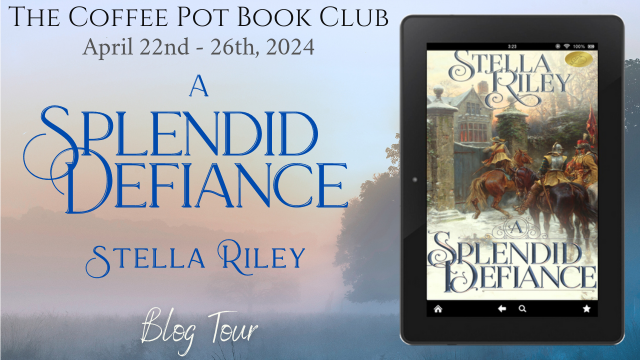 I am pleased to welcome Stella Riley to my blog today to share an excerpt from her novel, “A Splendid Defiance.” I would like to thank Stella Riley and the Coffee Pot Book Club for allowing me to be part of this blog tour.
I am pleased to welcome Stella Riley to my blog today to share an excerpt from her novel, “A Splendid Defiance.” I would like to thank Stella Riley and the Coffee Pot Book Club for allowing me to be part of this blog tour.
Abby storms the castle
Considering that he had left his bed to dress hurriedly and come straight downstairs, the Captain’s room was remarkably tidy. A lot tidier, thought Abigail, with a faintly shocked sideways glance, than he was himself. It was also larger than she had expected, being situated at the top of the south-east turret and reached by means of a narrow spiral stair.
I shouldn’t be here, thought Abigail, in sudden panic. Jonas will kill me if he finds out.
Justin deposited his sword in a corner. Then, turning to pull the bedclothes into some semblance of order, he told her to sit down and demanded again to be informed what she wanted of him.
Abigail hovered and hesitated.
‘For God’s sake!’ exclaimed Justin, dropping irritably upon the bed and regarding her with acute disfavour. ‘Sit down and stop being coy. I’m not in the mood for it.’
She obeyed him rather quickly. ‘I’m sorry.’
‘Don’t be sorry. Just come to the point.’
His tone made this difficult but she did her best.
‘It’s my brother. He was arrested in the Market Place this afternoon – but he didn’t do anything. I mean, he wasn’t involved in the fighting in the way that others were. So I came to ask you to please let him come home.’
Comprehension dawned slowly and the blurred gaze registered astonishment.
‘You mean he was taken for rioting? No, no. It’s too good to be true.’
Abigail stiffened. ‘I’m afraid I don’t find it funny.’
The dark brows soared and his reply was deliberately blighting.
‘My dear child, I’d be amazed if the members of your household found anything funny. Quite apart from your religious persuasion, your appalling brother and his sour-faced wife are enough to kill anyone’s sense of humour. However, if you’ve hauled me out of bed just to ask a favour for Jonas, I can only say that your nerve outstrips your intelligence. To put it bluntly, I don’t care if he rots.’
Abigail dissected this remarkable speech before brushing it aside.
‘What has Jonas to do with it? It isn’t him you’ve got.’ And then, staring at him, ‘Is that what you thought?’
‘Not being on intimate terms with your entire family, what else was I to think?’ he asked acidly. ‘Well?’
‘I’m sorry. I thought you’d realise …’ She paused. ‘If it was Jonas, I wouldn’t be here.’
‘And I am supposed to know that because …?’ Captain Ambrose leaned back, brooding on her overfolded arms. ‘Mistress Radford. My patience, as you may have noticed, is extremely limited and diminishing by the second. Will you please tell me, in plain language, just who the hell it is you came to rescue?’
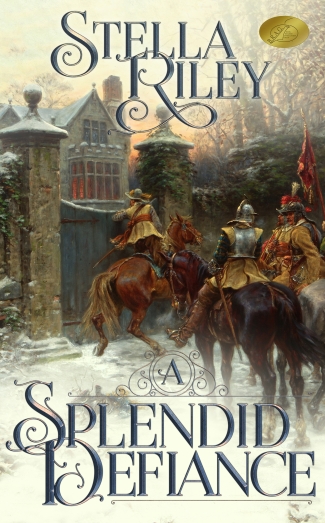 Blurb:
Blurb:
For two years England has been in the grip of the Civil War. In Banbury, Oxfordshire, the Cavaliers hold the Castle, the Roundheads want it back and the town is full of zealous Puritans.
Consequently, the gulf between Captain Justin Ambrose and Abigail Radford, the sister of a fanatically religious shopkeeper, ought to be unbridgeable.
The key to both the fate of the Castle and that of Justin and Abigail lies in defiance. But will it be enough?
A Splendid Defiance is a dramatic and enchanting story of forbidden love, set against the turmoil and anguish of the English Civil War.
Buy Link:
Universal Buy Link: https://books2read.com/u/bPzVNd
 Author Bio:
Author Bio:
Winner of four gold medals for historical romance and sixteen Book Readers’ Appreciation Medallions, Stella Riley lives in the beautiful medieval town of Sandwich in Kent.
She is fascinated by the English Civil Wars and has written six books set in that period. These, like the 7-book Rockliffe series, the Brandon Brothers trilogy, and, most recently The Shadow Earl, are all available in audio, performed by Alex Wyndham.
Stella enjoys travel, reading, theatre, Baroque music, and playing the harpsichord. She also has a fondness for men with long hair – hence her 17th and 18th-century heroes.
Author Links:
Website: https://stellarileybooks.co.uk
Twitter: https://twitter.com/RileyStella
Facebook: https://www.facebook.com/stellariley.books
Instagram: https://www.instagram.com/stellarileybooks/
Pinterest: https://www.pinterest.co.uk/riley9631/stella-riley-books/
Book Bub: https://www.bookbub.com/authors/stella-riley
Amazon Author Page: https://www.amazon.co.uk/Stella-Riley/e/B0034PB7UU/
Goodreads: https://www.goodreads.com/book/show/40487661-a-splendid-defiance
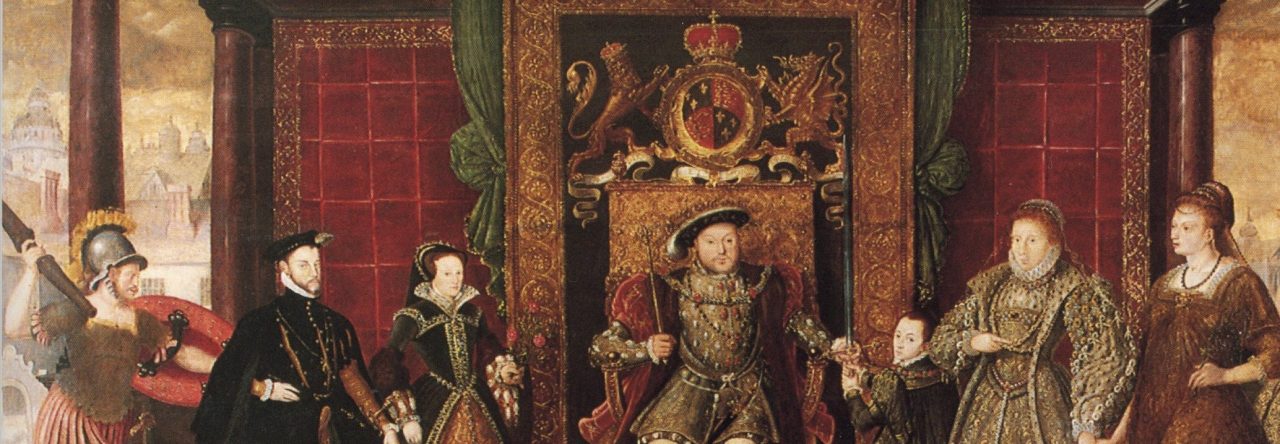
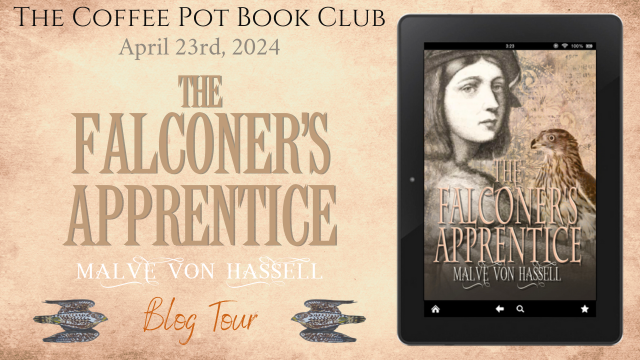 I am pleased to welcome Malve von Hassell to my blog today to share a spotlight for her novel, “The Falconer’s Apprentice.” I want to thank The Coffee Pot Book Club and Malve von Hassell for allowing me to be part of this blog tour.
I am pleased to welcome Malve von Hassell to my blog today to share a spotlight for her novel, “The Falconer’s Apprentice.” I want to thank The Coffee Pot Book Club and Malve von Hassell for allowing me to be part of this blog tour.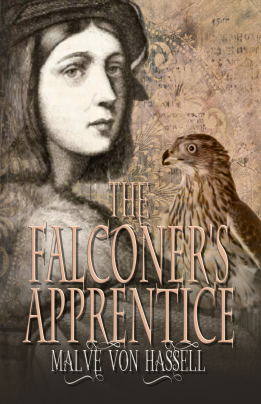 Blurb:
Blurb: Author Bio:
Author Bio: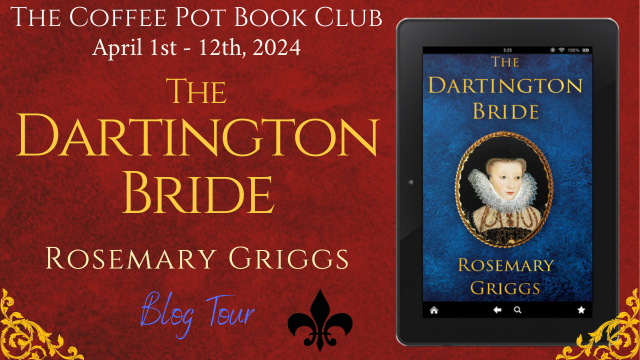 The 16th century was known for its dramatic changes in religious issues. None more so than during the late Tudor dynasty especially during the reign of Elizabeth I. However, France also saw the religious pendulum swing between Protestantism and Catholicism. Many families from all walks of life were caught in religious squabbles, like the Montgomery family. Lady Gabrielle Roberda Montgomery found herself in the middle of the drama and was forced to marry into a prominent Devon family in Elizabethan England, far from her native France. Roberda’s extraordinary story is told masterfully in Rosemary Griggs’ latest novel, “The Dartington Bride.”
The 16th century was known for its dramatic changes in religious issues. None more so than during the late Tudor dynasty especially during the reign of Elizabeth I. However, France also saw the religious pendulum swing between Protestantism and Catholicism. Many families from all walks of life were caught in religious squabbles, like the Montgomery family. Lady Gabrielle Roberda Montgomery found herself in the middle of the drama and was forced to marry into a prominent Devon family in Elizabethan England, far from her native France. Roberda’s extraordinary story is told masterfully in Rosemary Griggs’ latest novel, “The Dartington Bride.” 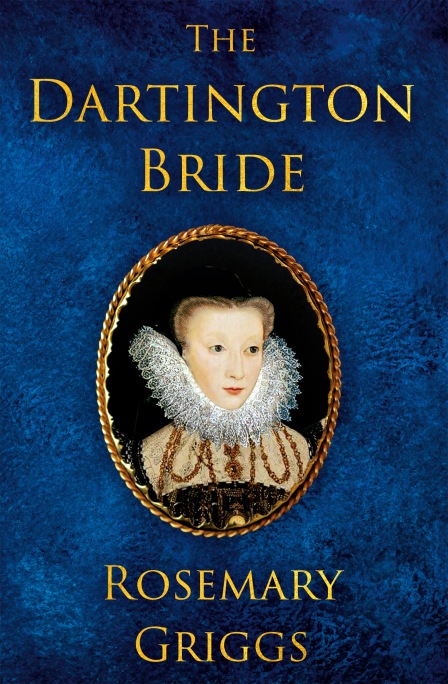 Blurb:
Blurb: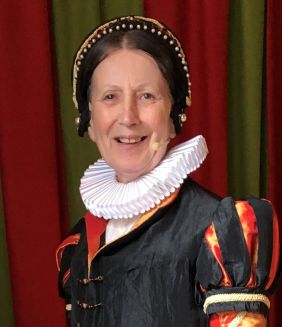 Author Bio:
Author Bio: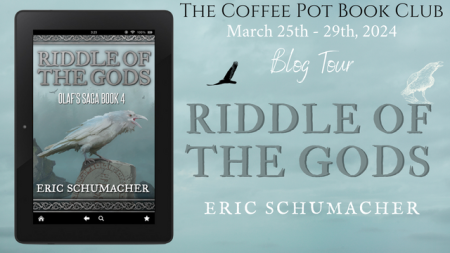 I am pleased to welcome Eric Schumacher to my blog today to share a spotlight for his novel, “Riddle of the Gods.” I would like to thank Eric Schumacher and The Coffee Pot Book Club for allowing me to be part of this blog tour.
I am pleased to welcome Eric Schumacher to my blog today to share a spotlight for his novel, “Riddle of the Gods.” I would like to thank Eric Schumacher and The Coffee Pot Book Club for allowing me to be part of this blog tour.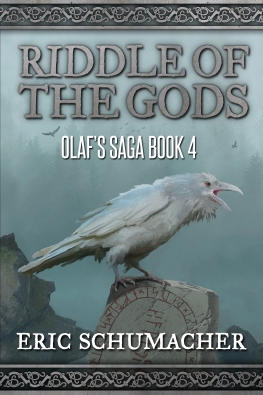 Blurb:
Blurb: Author Bio
Author Bio I am pleased to welcome MJ Porter to my blog to share an excerpt from her nonfiction book, “The Royal Women Who Made England.” I would like to thank MJ Porter and The Coffee Pot Book Club for allowing me to be part of this blog tour.
I am pleased to welcome MJ Porter to my blog to share an excerpt from her nonfiction book, “The Royal Women Who Made England.” I would like to thank MJ Porter and The Coffee Pot Book Club for allowing me to be part of this blog tour. Blurb:
Blurb: Author Bio
Author Bio Today, I am pleased to welcome Debra Borchert to share an excerpt and a recipe from her series, “The Chateau de Verzat Series.” I want to thank Debra Borchert and The Coffee Pot Book Club for allowing me to be part of this tour.
Today, I am pleased to welcome Debra Borchert to share an excerpt and a recipe from her series, “The Chateau de Verzat Series.” I want to thank Debra Borchert and The Coffee Pot Book Club for allowing me to be part of this tour.  Her Own Legacy:
Her Own Legacy:
 Author Bio:
Author Bio: I am pleased to welcome Judith Arnopp back to my blog to share a snippet from her latest novel. “A Matter of Time.” I would like to thank Judith Arnopp and The Coffee Pot Book Club for allowing me to be part of this blog tour.
I am pleased to welcome Judith Arnopp back to my blog to share a snippet from her latest novel. “A Matter of Time.” I would like to thank Judith Arnopp and The Coffee Pot Book Club for allowing me to be part of this blog tour. Blurb:
Blurb: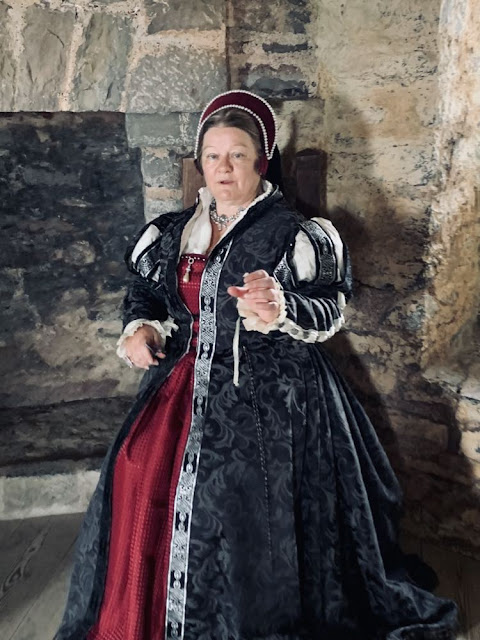 Author Bio
Author Bio I am pleased to welcome S.P. Somtow to my blog today to share a snippet from his latest novel, “Imperatix.” I would like to thank S.P. Somtow and The Coffee Pot Book Club for allowing me to be part of this blog tour.
I am pleased to welcome S.P. Somtow to my blog today to share a snippet from his latest novel, “Imperatix.” I would like to thank S.P. Somtow and The Coffee Pot Book Club for allowing me to be part of this blog tour.  Blurb:
Blurb: Author Bio
Author Bio Today, I am pleased to welcome Linda Lappin to my blog to share a snippet from her novel, “Signatures in Stone.”I would like to thank The Coffee Pot Book Club and Linda Lappin for allowing me to be part of this blog tour.
Today, I am pleased to welcome Linda Lappin to my blog to share a snippet from her novel, “Signatures in Stone.”I would like to thank The Coffee Pot Book Club and Linda Lappin for allowing me to be part of this blog tour. Blurb:
Blurb: Author Bio:
Author Bio: I am pleased to welcome Justin Newland to my blog today to discuss his latest book, “The Mark of the Salamander.” I would like to thank The Coffee Pot Book Club and Justin Newland for allowing me to be part of this blog tour.
I am pleased to welcome Justin Newland to my blog today to discuss his latest book, “The Mark of the Salamander.” I would like to thank The Coffee Pot Book Club and Justin Newland for allowing me to be part of this blog tour.  In 1578, Francis Drake set out from Plymouth with five ships to sail around the world. Until that point in history, England was a small, misty isle on the edge of continental Europe. Through Drake’s efforts, in that single voyage, he hauled England out of the dark ages and into a future in which England would become the hub of a new world of trade & communication. He single-handedly changed England’s self-view.
In 1578, Francis Drake set out from Plymouth with five ships to sail around the world. Until that point in history, England was a small, misty isle on the edge of continental Europe. Through Drake’s efforts, in that single voyage, he hauled England out of the dark ages and into a future in which England would become the hub of a new world of trade & communication. He single-handedly changed England’s self-view.  chivalric Order of the Garter. Established by King Edward III in 1348, the motto of the Most Noble Order is, ‘Honi Soit Qui Mal Y Pense,’ which means, ‘Evil be to he who thinks evil (of me).’
chivalric Order of the Garter. Established by King Edward III in 1348, the motto of the Most Noble Order is, ‘Honi Soit Qui Mal Y Pense,’ which means, ‘Evil be to he who thinks evil (of me).’ Blurb:
Blurb: Author Bio:
Author Bio: